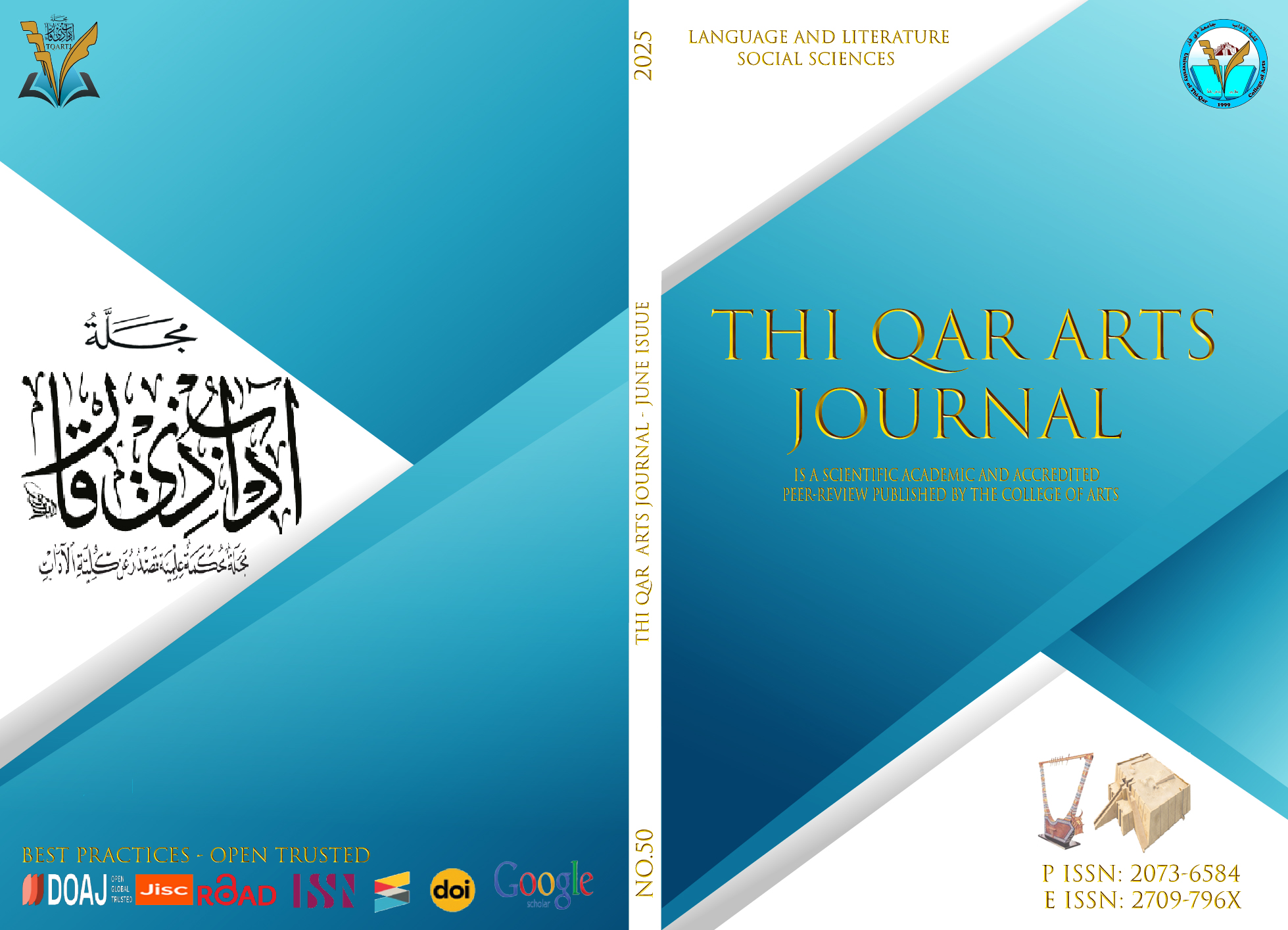U.S. Policy Toward Brazil (1960–1970)
DOI:
https://doi.org/10.32792/tqartj.v5i50.805Keywords:
American politics, Latin America, the Cold War, the communist tide, the Cuban revolution.Abstract
This research examines U.S. policy toward Brazil during the period from 1960 to 1970, a time marked by significant political and economic transformations in Latin America under the shadow of the Cold War. The United States focused on strengthening its influence in the region, including Brazil, with the aim of curbing the spread of communism and preventing South American countries from aligning with the Soviet Union.
Following the Cuban Revolution in 1959, Washington grew increasingly concerned about political and social changes in Brazil. U.S. policy toward Brazil took a progressively cautious and concerned approach, ultimately leading to support for the military coup that overthrew President João Goulart in 1964. His reformist policies were perceived as leaning toward the Soviet Union.
After the coup, Washington established close relations with the new military regime, providing financial and political support, viewing it as a strategic ally in the Cold War. Moreover, U.S. policy during this phase focused on promoting political stability and encouraging economic development through aid programs such as the Alliance for Progress, while simultaneously overlooking the repression carried out by the military government.
Downloads
Published
Issue
Section
License
Copyright (c) 2025 Sahar jameel jabar,Azhar Raheem Oaeed

This work is licensed under a Creative Commons Attribution 4.0 International License.
The journal applies the license of CC BY (a Creative Commons Attribution International license). This license allows authors to keep ownership of the copyright of their papers. But this license permits any user to download, print out, extract, reuse, archive, and distribute the article, so long as appropriate credit is given to the authors and the source of the work. The license ensures that the article will be available as widely as possible and that the article can be included in any scientific archive.



















